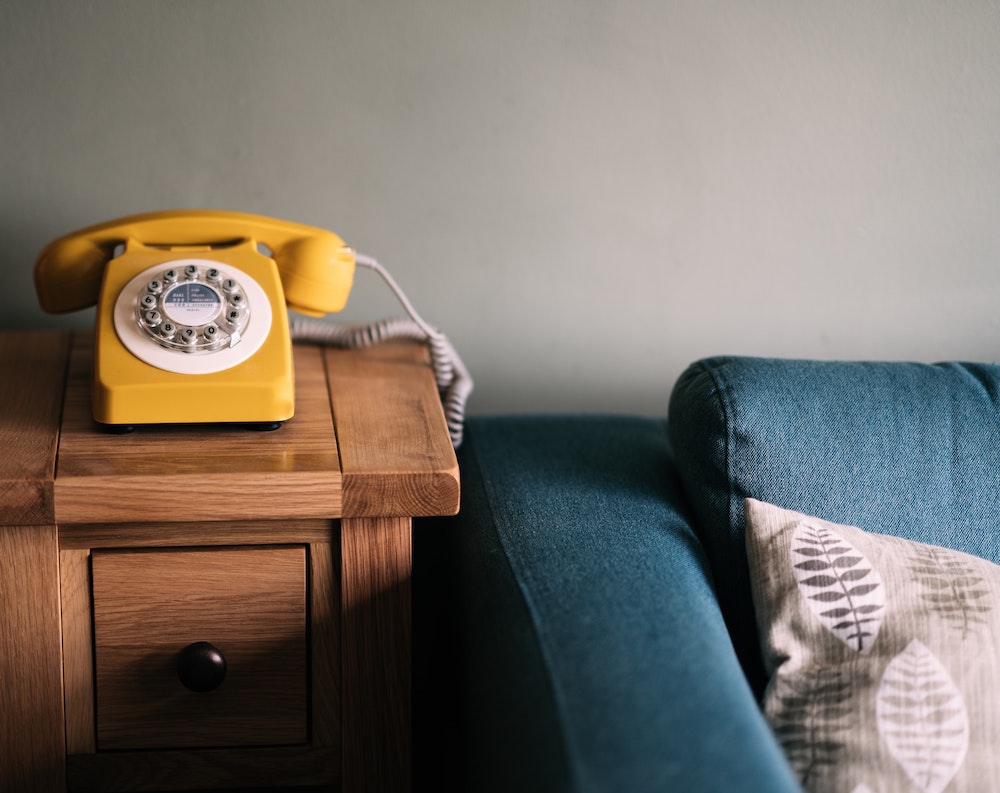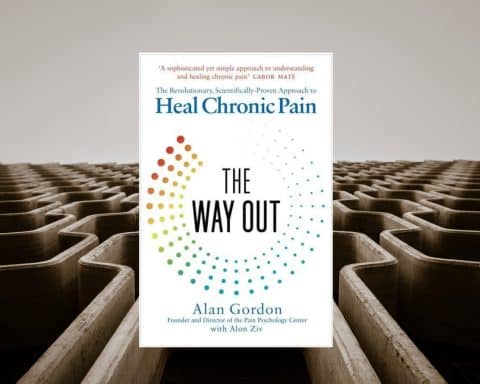 Sheena Sharma is a GP and Trainer at Bartlemas Surgery in Oxford.
Sheena Sharma is a GP and Trainer at Bartlemas Surgery in Oxford.
I was watching and listening to Brian Cox as he spoke from inside the Mammoth Caves in Kentucky. He was looking for paramecium (a unicellular organism in the water) to teach us about the evolution of the senses. He was standing in the blackness of the cave and he could hear water trickling that was so far away it would not have been audible if there was light. The point being, when one sense is removed the others are heightened. If we close our eyes for a while, or sit in a dark room, we can listen to sounds get louder and clearer.
I wonder if this premise can help us navigate the new world of telephone consulting. We need to get good at this quickly. With this viral pandemic, it is now more than triage and quick follow ups, it is more than often everything, the core of our work.
Like many, I’ve always had a slight mental block with telephone consulting as there is so much value for the both the patient and the doctor in real contact. However, I want to take a positive approach to change, and be part of helping in this pandemic with the unique skills that we as GPs hold.
We can use our new acute sense of hearing to listen and notice changes in tone, speed, and the hesitations even more clearly.
Exploring literature on telephone consulting skills, the most common suggestion is to apply core skills with greater depth and clarity, use more sounds to show you are listening, and use more repetition to ensure understanding. While I don’t dispute this, it seems very cumbersome and not that enjoyable. Actually, what we can use our new acute sense of hearing to listen and notice changes in tone, speed, and the hesitations even more clearly than with the visual distraction. We can hear the words and the metaphors they use. We can build a picture of their experiences perhaps even more vividly. Of course, we can use sounds to show we are listening but we can also use silence. While it may be harder to read a silence without being about to watch a patient’s eye movements, certainly a silence on the phone is a lot less uncomfortable, and thus what a fabulous opportunity to let it happen, let patients think and let us explore.
The sting is that patients will be able to hear us a lot more acutely too. Where we would normally welcome with a smile, now our voices need to smile (perhaps we should try smiling when giving our opening statement: “How can I help? What would you like to discuss…”? Our tone needs to show care, a sense of control (not OMG I’ve got 40 calls to get through and I’ve never had to make such hard decisions before), and recognise the uniqueness of the person in front of us. On the upside, I would argue we don’t actually need to repeat our advice or safety-netting as many times, as provided you have built trust, the patient will be listening very carefully.
So while the phone right now feels exhausting as we try and apply our learned, and for many of us ingrained consulting skills on the phone, perhaps it’s an opportunity to embrace a new form of bond and support during a very anxious time for our community. Perhaps also our fears of incredibly difficult and heartbreaking phone based end of life discussions with patients and their families will be rewarding after all. Here’s to hoping.






